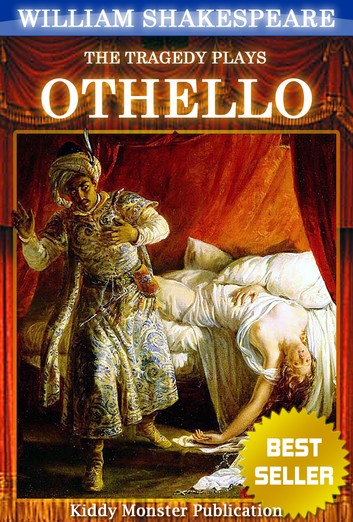
It’s caused by an error of judgement the protagonist cannot make the right decision because he isn’t fully aware of the facts eg Oedipus marrying his mother. Senecan tragedy is precipitated from a well meaning act that goes wrong eg Lear dividing the kingdom or Brutus killing Julius Caesar. Seneca was interested in the political and social aspects of life ie man’s relations with men rather than his spiritual progress to salvation or damnation, as in the Morality plays. Elizabethans wanted entertainment so Senecan stories were adapted for audiences wanting action. Seneca wrote for recitation (Shakespeare and his contemporaries weren’t aware of this) so although the stories were very violent, audiences didn’t see the violence. Senecan tragedy (classical tragedy – highly regarded by Elizabethans) However, although Aristotle believed that catharsis was a product of tragedy, he didn’t believe it to be its end its purpose, he argued, was intelligent pleasure. Aristotle argued that witnessing events in dramatic form which in reality would produce horror and pain gives us a release, even pleasure. This reversal (PERIPETEIA) becomes apparent to the audience before the hero is aware of it and thus produces an element of dramatic irony which is sustained until his tragic recognition (ANAGNORISIS) of the real situation.Īristotle advanced the theory of catharsis (from KATHARSIS, a medical term) to counter the arguments of Plato, who argued that watching violence and wickedness on stage would encourage the audience to behave likewise. The tragic plot moved from a beginning, through complication, to a catastrophe or tragic reversal, both of intention and fortune. The hubris brought upon itself the judgement of the gods (NEMESIS). The tragic error was generally attributed in Greek tragedy to overweening pride (HUBRIS) which offended divine justice (DIKE). The tragic hero suffers a change in his fortunes from happiness to misery which is caused by a fatal error of judgement (HAMARTIA). This should arouse pity in the audience because we feel his misfortunes are not entirely deserved but also terror for we can imagine ourselves in his place. He should be rather like us, albeit rather better, and of sufficient status for his downfall to involve others as well as himself. Aristotle, writing the Poetics some 2500 years ago, argued that the hero should be neither wholly good nor wholly bad – the one would make his fate intolerable to us, the other would remove him from our sympathy. Morality plays focused on the psychology of the protagonist eg Hamlet and Macbeth. It’s a tragedy of choice: if the protagonist chooses evil, he becomes a villain eg Macbeth (the tragic mood is not complete here because evil is defeated). They regarded the main difference between comedy and tragedy in terms of the outcome eg Christian tragedy was caused by a stumbling to sin. Comedy and tragedy were closely aligned in this tradition Elizabethan playwrights often mixed the two elements eg the porter’s scene in Macbeth. Morality plays charted the spiritual progress of a central figure representing mankind (Everyman). It dramatises the choice between good and evil eg Macbeth’s internal debates on moral issues.

This tradition implies an ordered universe it is essentially optimistic: man can understand the order and relate to it. There were two tragic models in Shakespearean England: Christian morality plays and Classical tragedy there was no tradition of secular tragedies in England. Tragedy relies on causation ie act – consequence human will is powerless to change the chain of disasters.

Shakespeare sometimes shows this through supernatural devices to show future events eg Macbeth.
OTHELLO PLAY FREE
Although free will is more in evidence in Elizabethan than in Greek drama, we still find a pre-ordained pattern. The tragic universe allows only limited free will. Introductory Notes on Othello and Tragedy


 0 kommentar(er)
0 kommentar(er)
